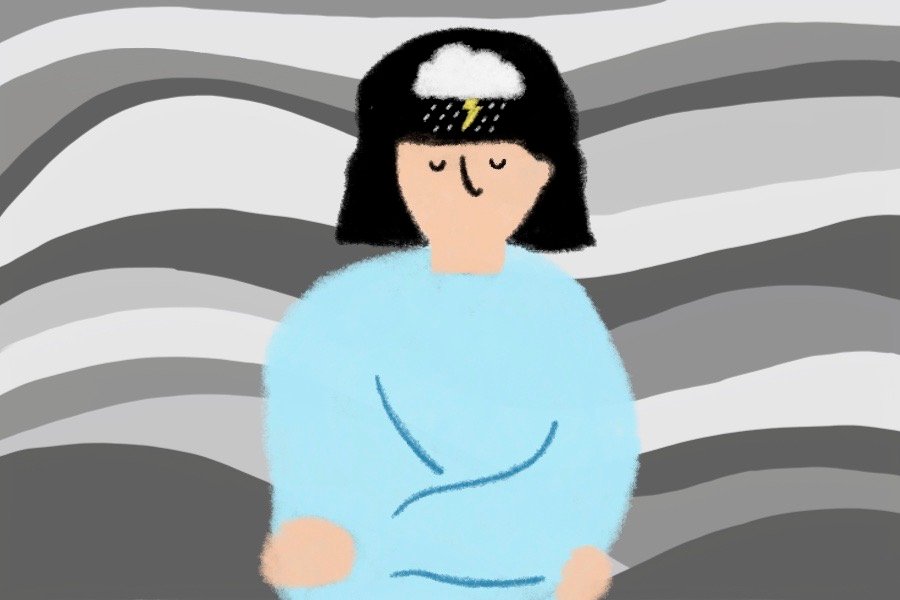State Sen. Laura Fine introduces bills focusing on mental health care
Daily file illustration by Emma Ruck
In a time characterized by mental health struggles due to the pandemic, state Sen. Laura Fine (D-Glenview) focuses on mental health in legislation increasing accessibility to care.
May 6, 2021
In an effort to expand access to mental health care in Illinois, state Sen. Laura Fine (D-Glenview) has introduced multiple pieces of legislation proposing an increase in accessibility to mental health care.
Fine’s efforts include the Access to Basic Mental Health Information Act and an amendment to the Network Adequacy and Transparency Act. Both pieces of legislation passed the Illinois Senate and now sit in the Illinois House of Representatives.
Fine said she decided to focus the legislation on mental health care because struggles with mental wellness are often stigmatized, and care is not always easy to find.
“People shouldn’t be embarrassed to say they have a mental health issue,” Fine said. “These pieces of legislation say it’s okay to need help.”
The network adequacy amendment would require insurers to provide more timely and proximate access to treatment, meaning Cook County residents would not have to travel more than 30 minutes or 30 miles to access care. After requesting an appointment, Illinois residents would not have to wait more than 10 business days to see a provider.
It would also allow those in need of mental health care to go to out-of-network locations for care without paying an out-of-network copay if there is no available in-network provider.
The information access bill would allow an individual’s family members to receive information regarding their loved ones’ care at their doctor’s discretion.
Susan Resko, CEO and president of the Josselyn Center, said she is grateful this legislation is being introduced and that steps are being taken to normalize mental health struggles. However, she said there is still work to be done in making the legislation more beneficial to those who need mental health care.
“Finding the right wording that would achieve the goals of the bill, while not violating patients’ rights is a very fine line to walk, and takes time,” Resko said.
The Access to Basic Mental Health Information Act, for example, contains sections that can violate patients’ rights to privacy, Resko said. She said sharing personal information about a patient’s mental health can violate their privacy. However, Resko said she is looking forward to working with Fine in the future to perfect the bill.
Josefina Alvarez, board president of Mental Health America of the North Shore, said increasing access to mental health care is essential.
Throughout the last year, Alvarez said living in a pandemic has caused more people to face mental health struggles and many have not been able to receive proper care.
“People are not getting the treatment that they need,” Alvarez said. “If people don’t get access to mental health care, we know that they’re going to get worse, and the problems are going to get worse.”
Resko said over the past year, the Josselyn Center has hired 40 new staff members in response to a dramatic increase in people coming to the clinic for mental health services. The center has served almost 1,400 new people in the last year.
Fine said allowing more people to receive mental health care is essential, especially because it is a common struggle.
“Who can say that they don’t know of anybody, a friend or family member who suffered from a mental health issue?” Fine said. “Part of a successful outcome is being able to have the tools that you need to reach that outcome.”
Email: [email protected]
Twitter: @KatrinaPham_
Related Stories:
— Josselyn Center hosts free Mental Health First Aid training for Evanston residents
— State Sen. Laura Fine sponsors bill to cap out-of-pocket insulin costs


